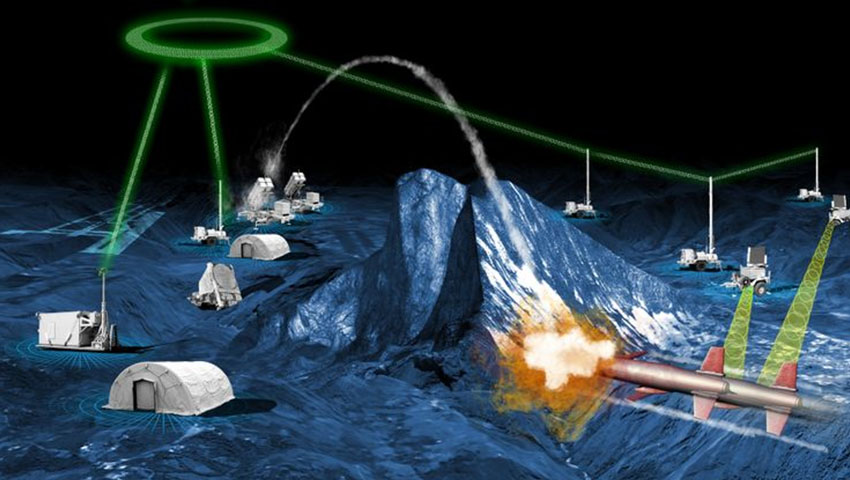A year after a US Department of Defense request for a movement to Agile development methodologies, one of the Northrop Grumman IBCS software teams was part of a pilot program with the US Army.
To continue reading the rest of this article, please log in.
Create free account to get unlimited news articles and more!
The experience and results were well received and, last November, the Army awarded a $70 million, 28-month contract to transform the entire IBCS software development process to an Agile framework.
Under the contract, Northrop Grumman and the Army are partnering to prototype an Agile development process in order to build, test and field capabilities faster to respond to current and emerging needs.
Kim Robbins, Northrop Grumman software lead for IBCS, said, “We’ve been developing and delivering software to the Army under our Agile framework for months. One of the reasons for our success has been the partnership with our customer in creating our quick feedback loop.”
Regular feedback among the team members and the customer is a core tenet of Agile methodology, which involves the delivery of products or capabilities in regular program increments (PIs).
For IBCS, they are three-month PIs, comprised of three-week “sprints” in which each team tackles their specific tasks and issues required to deliver. A product owner from the Army’s Integrated Air and Missile Defense office is a member of the team.
Northrop Grumman engineer, Josh Bagwell, of the support operations (SO) software team, added, “Before Agile, it wasn’t unusual to wait a month or more to learn whether your ‘bug fix’ or software change worked well for the warfighters who will use IBCS. Now, through quick communication with a soldier, we bounce ideas off each other. It helps us ‘fail fast, fail early’ so time isn’t wasted on a bad idea.”
In their first sprint after the contract award last fall, the teams developed software that was used in IBCS Flight Test 5 at White Sands Missile Range in December 2019 — the most complex flight test to date, in which two target cruise missiles were intercepted simultaneously by the soldiers at the system’s controls.
IBCS deputy program director Alana Henley added, “The regular communication with soldiers helps busy IBCS team members see themselves and their work in the Army’s mission.
“Because of the regular communication and the development atmosphere, I’ve seen entry-level engineers become more comfortable raising issues and talking with their more experienced peers,” Henley added.
In their first sprint after the contract award last fall, the teams developed software that was used in IBCS Flight Test 5 at White Sands Missile Range in December 2019 — the most complex flight test to date, in which two target cruise missiles were intercepted simultaneously by the soldiers at the system’s controls.
Mark Rist, Northrop Grumman IBCS program director, added, “Northrop Grumman has long been an Agile pioneer, transforming processes to speed development while increasing communication with customer end-users and increasing quality. We are shifting the paradigm, because every aspect of the program can benefit from the increased communication and incremental nature of Agile.”

 Login
Login







